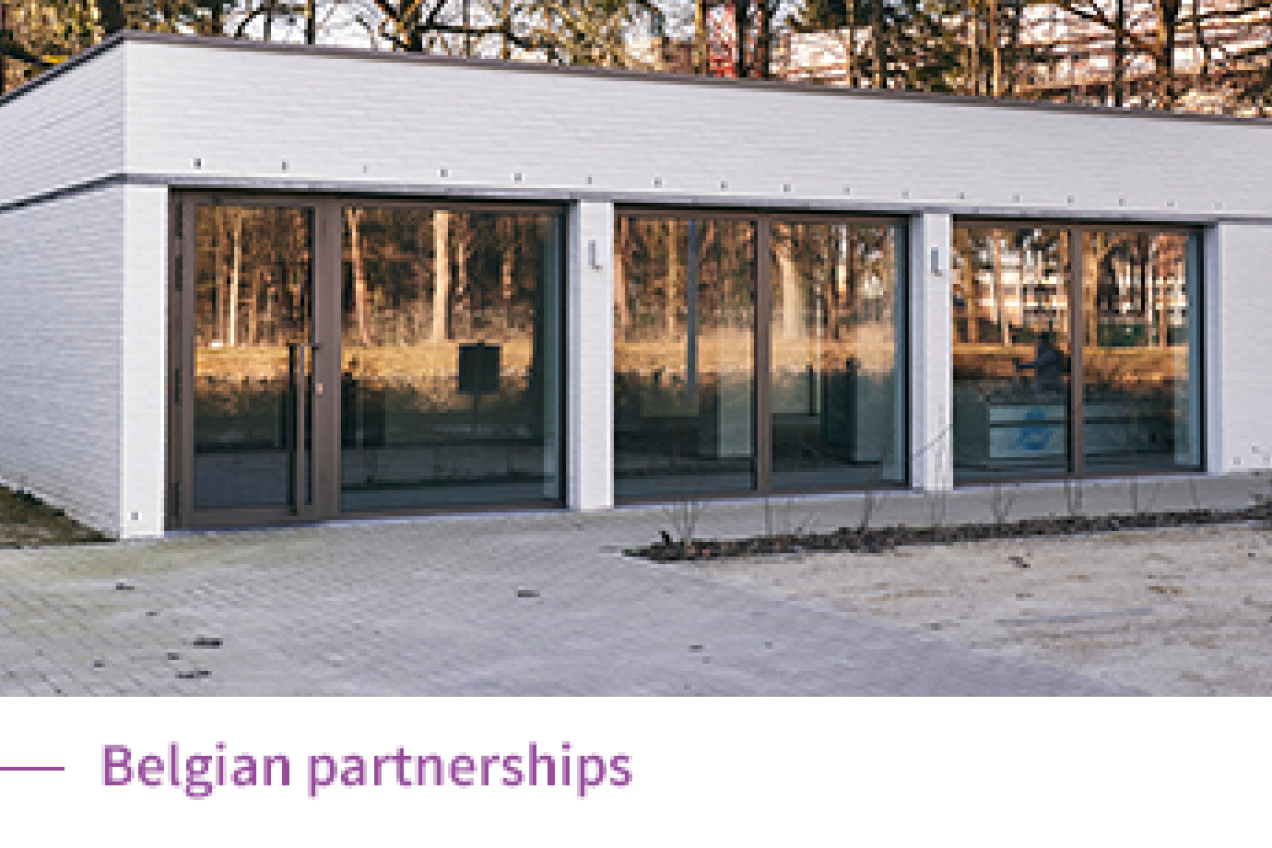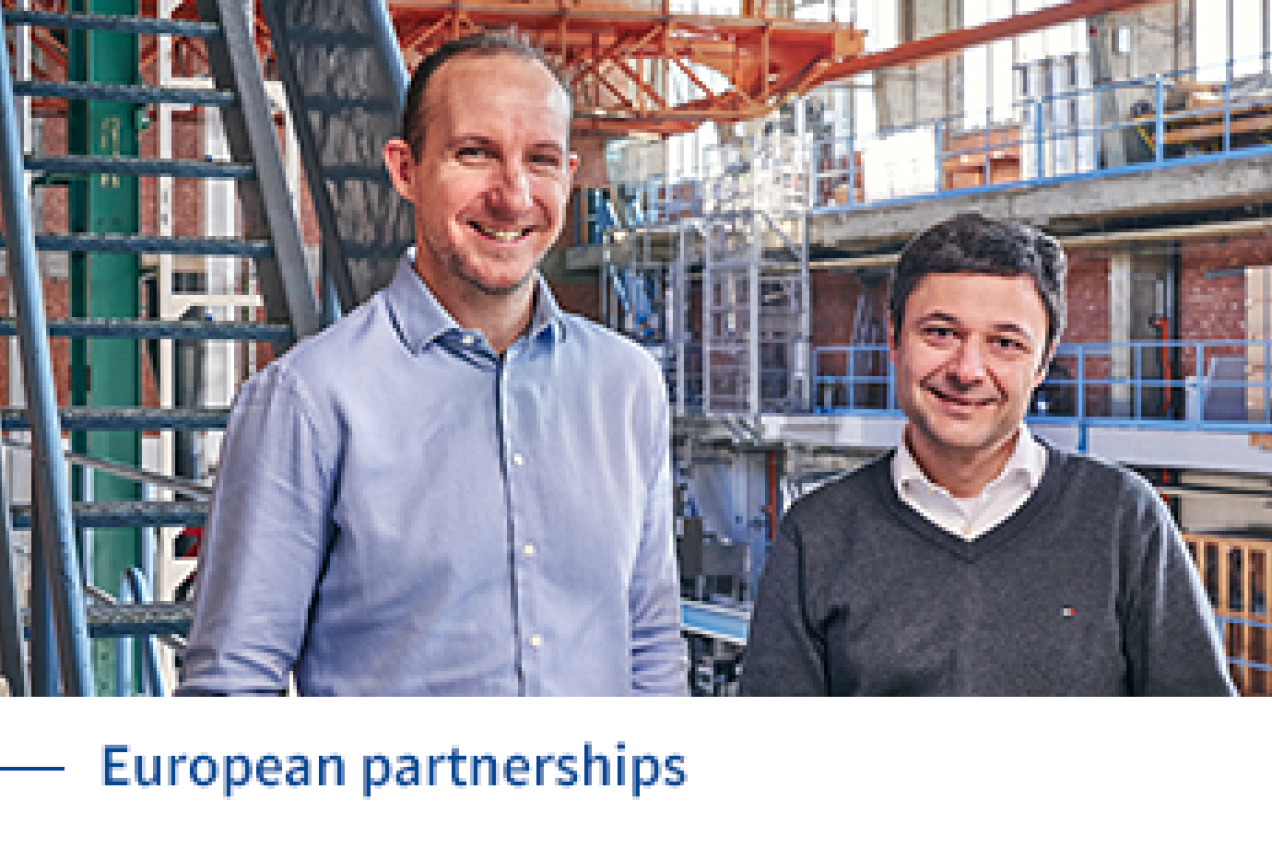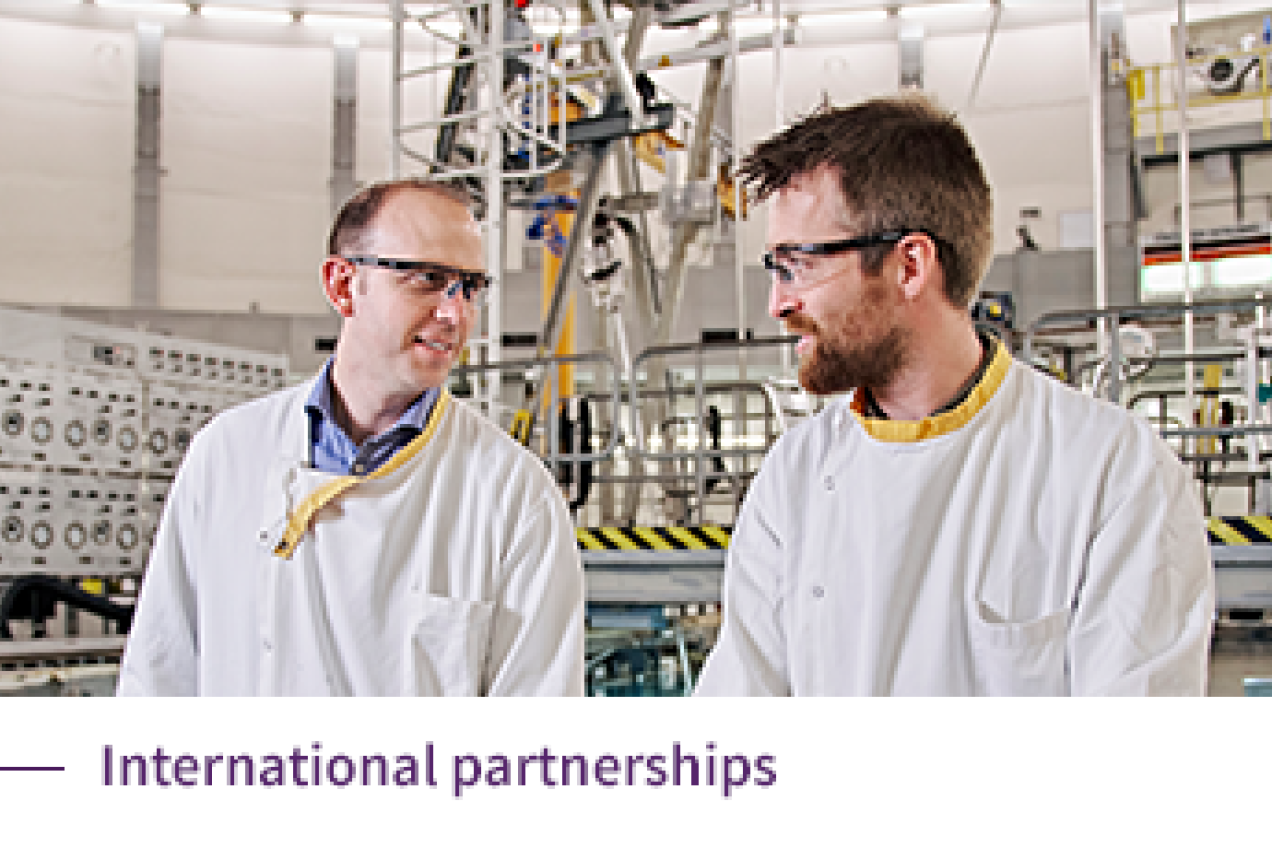SCK CEN brings ultra-modern calibration building into use
First-class facilities for first-class irradiation services
The nuclear research centre SCK CEN is progressive: in its knowledge and in its research. Sustaining that requires investment. SCK CEN recently invested in a brand-new and ultra-modern calibration building. More flexibility and more possibilities. This is how the new building can be described. “We designed the building according to the needs of our clients,” says Anne Laure Lebacq, dosimetry expert at SCK CEN.
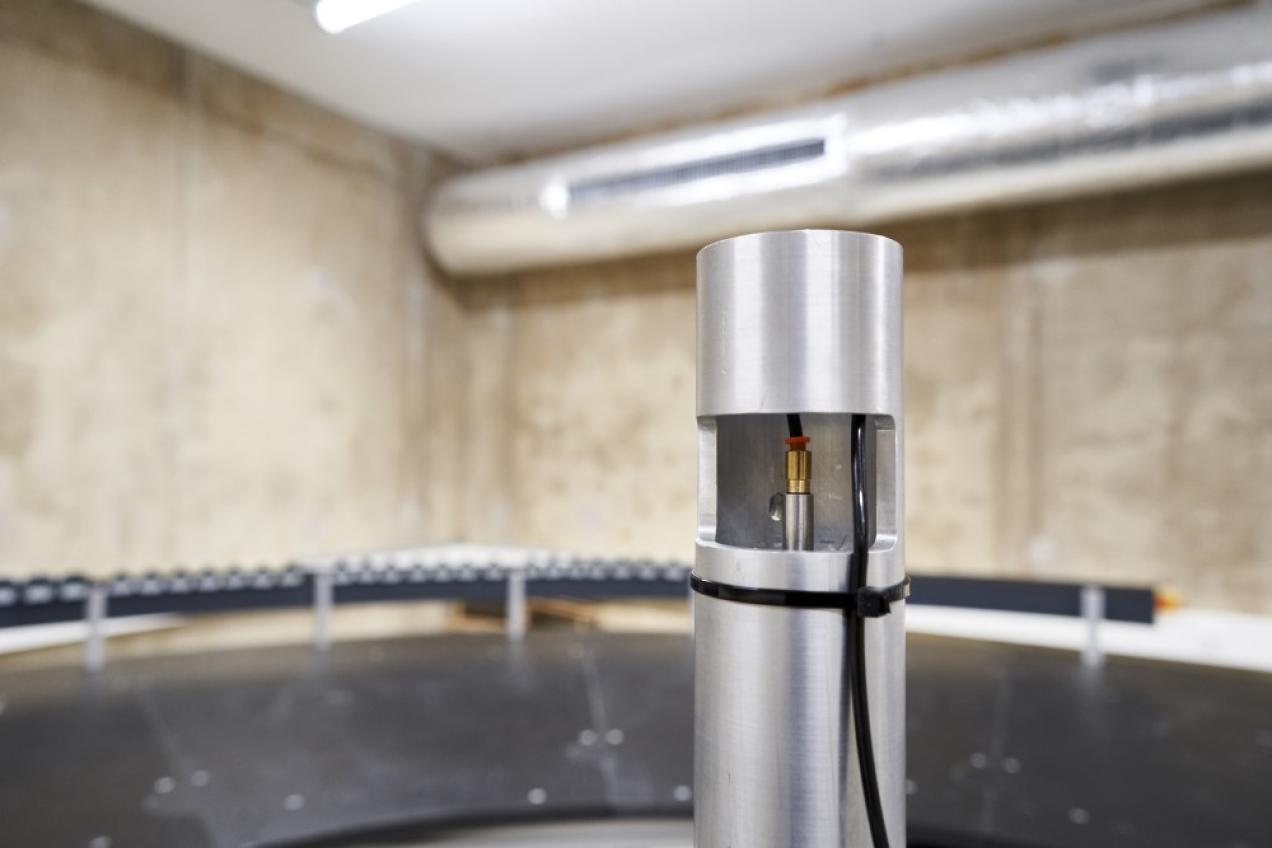
The nuclear research centre SCK CEN is strong in knowledge and infrastructure. Thanks to that unique blend, it managed to conduct pioneering research, pushed boundaries and grew into a global standard. For this reason, SCK CEN continuously invests in its technologies and laboratories. It also recently renovated its calibration building. With that brand-new, state-of-the-art calibration building, the nuclear research centre ranks itself among the best in Europe. Indeed, Europe has only four facilities of this nature, size and modernity.
It was a conscious decision not to renovate the existing calibration building. By choosing to build new, SCK CEN had the freedom to lay out the new building differently. SCK CEN had the freedom to lay out the building differently. “As such, we created the ability to be responsive to our clients’ needs. We were often asked to run long-term irradiation experiments, but the limited number of irradiation rooms did not allow for this. Now, we have six separate irradiation rooms – four more than before! Now, we have the flexibility to carry out several irradiations in parallel,” says Anne Laure Lebacq, dosimetry expert at SCK CEN.
Two types of irradiation
Very specifically, the nuclear research centre performs two types of irradiation. “On the one hand, we will irradiate experiments. Consider, for example, plants, skin cells or prototypes for dosimeters. We expose samples to a precise radiation dose in a controlled setting. This provides scientists with certainty when they want to investigate the impact of that dose. on the other hand, we also calibrate measuring devices,” Anne Laure Lebacq continues. And this is extremely important. Radioactivity cannot be perceived by human senses. In order to detect radiation, specific measuring devices are used. These devices allow for accurate monitoring of the radiation dose incurred. “The measurements are only as accurate as the device that performs them,” says the expert. “With our calibration services, we check that those measuring devices are adjusted correctly. And by ‘correctly’, I mean according to international standards.”
Thus, the emphasis is on ‘international standards’. Those standards create uniformity and clarity worldwide. “No difference should occur between a dose of 1 gray in Belgium and elsewhere in the world. This is how we maintain consistency in scientific research,” explains Cristian Mihailescu, radiation expert at SCK CEN.
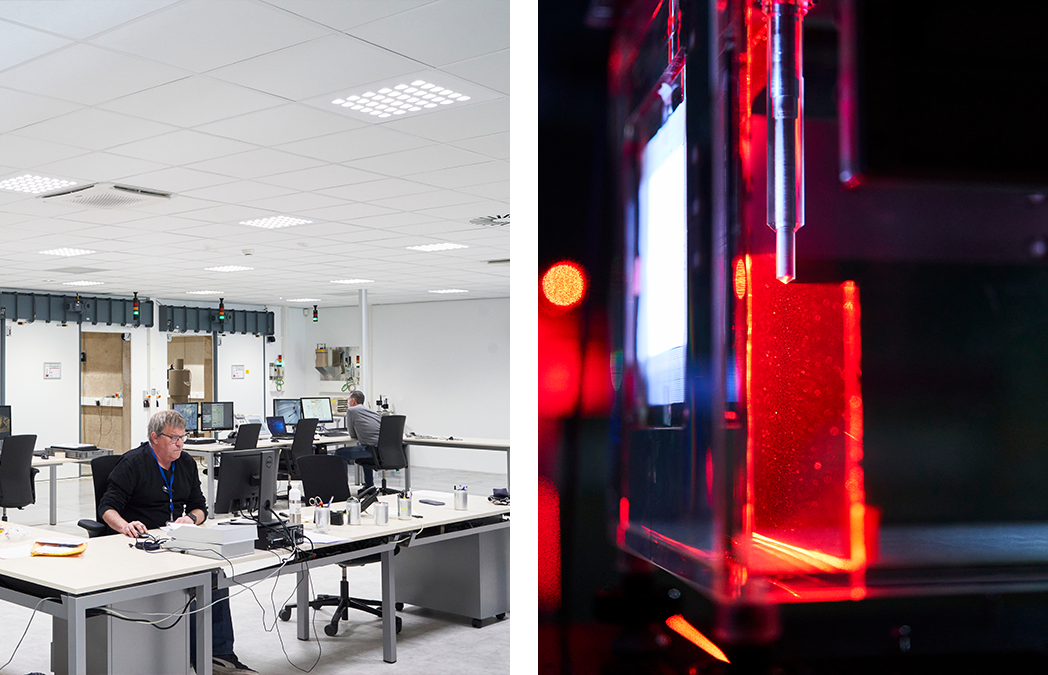
Indispensable in radiotherapy
Brand-new to the range of capabilities is the facility for irradiating ionisation chambers used for radiotherapy. “Half of all cancer patients receive radiotherapy at some point in their treatment. In radiotherapy, doctors focus the beam of a radiation device on the tumour. They can thereby reduce the size of the tumour before surgery, clear up the remaining cancer cells after surgery or – whether or not in combination with chemo – destroy cancer. Crucially, the dose that the tumor receives must be both accurate and precise. The actual dose should not differ from the prescribed dose by more than five percent,” clarifies Cristian Mihailescu.
Before irradiating the tumour, medical radiation physicists calibrate the irradiation device – usually a linear accelerator – with an ionisation chamber. That chamber measures the radiation emitted from the device. In order ensure the required accuracy, it too is calibrated in turn. “With our new facility, we can calibrate ionisation chambers, according to international standards, within an accuracy of 1%!”
600 certificates
The calibration building was completed in April 2021. Eight months later, SCK CEN has already issued more than 600 certificates. “The first few months have gone smoothly. We are making every effort to ensure that same quality for decades to come and to make it routine,” concludes Cristian Mihailescu.

